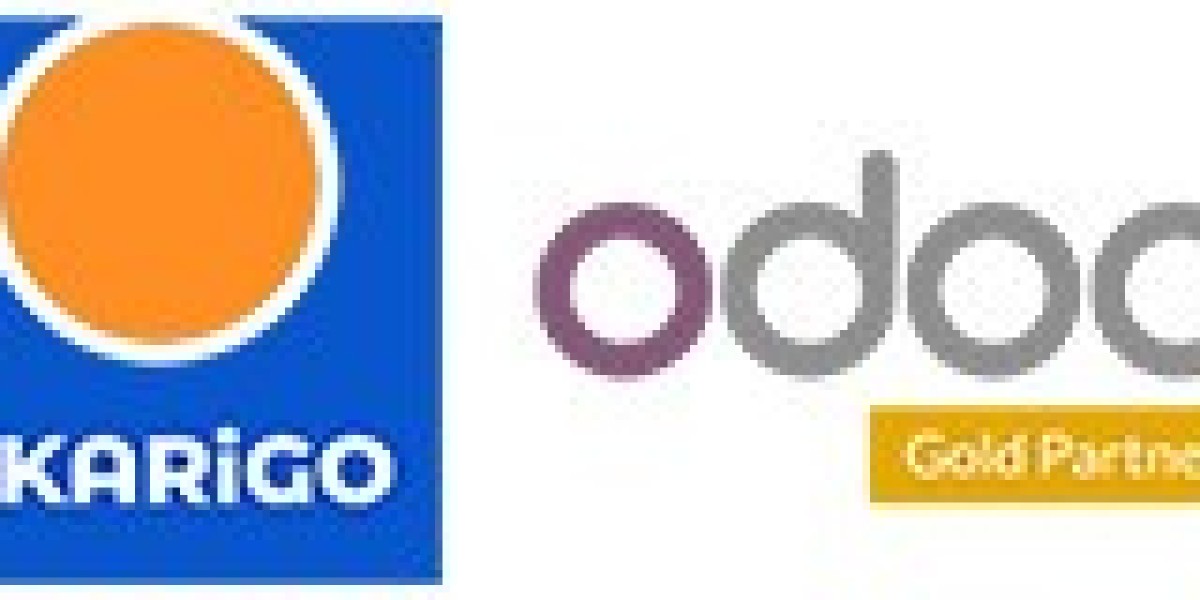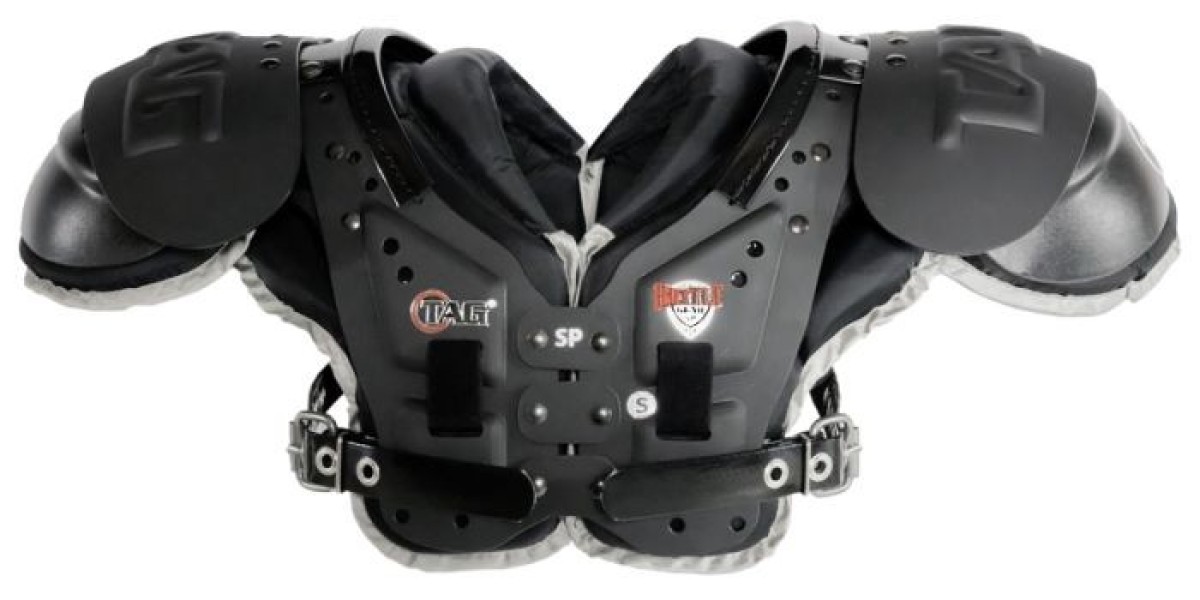In the fast-paced world of manufacturing, staying competitive requires more than just cutting-edge technology and streamlined processes. To truly thrive, manufacturers need systems that integrate and manage every aspect of their operations. This is where Manufacturing ERP (Enterprise Resource Planning) software comes into play.
Manufacturing ERP software offers manufacturers an all-in-one solution to automate, monitor, and improve critical business functions — from production and inventory management to finance and customer relations. But what exactly does ERP for manufacturing entail, and how can it elevate your business? Let’s explore.

What is Manufacturing ERP Software?
At its core, Manufacturing ERP is a suite of integrated applications designed to streamline and optimize manufacturing processes. It connects various departments, processes, and operations within an organization, making data more accessible, accurate, and actionable.
ERP systems for manufacturing handle everything from inventory and supply chain management to production scheduling, procurement, quality control, and beyond. By centralizing data and processes, ERP software enables manufacturers to improve efficiency, reduce costs, and foster better decision-making across the entire operation.
Key Features of Manufacturing ERP Systems
1. Production Planning and Scheduling
Effective production planning is crucial for meeting customer demand and optimizing resource usage. ERP software helps manufacturers plan and schedule production runs based on demand forecasts, available inventory, and resource allocation. With real-time updates, manufacturers can adjust plans on the fly, reducing downtime and improving output.
2. Inventory Management
Managing raw materials, work-in-progress (WIP) items, and finished goods inventory can be a daunting task. Manufacturing ERP provides real-time visibility into inventory levels, helping businesses maintain optimal stock levels, reduce waste, and avoid stockouts. It also tracks materials as they move through the production process, ensuring accurate inventory management and reducing costly errors.
3. Supply Chain Management
Manufacturing ERP software integrates supply chain management (SCM) with production processes, creating a smooth and efficient flow of materials from suppliers to production lines. With features like supplier performance tracking, purchase order management, and demand forecasting, manufacturers can streamline procurement, reduce lead times, and improve supplier relationships.
4. Quality Control and Compliance
Ensuring product quality is essential for meeting customer expectations and regulatory standards. ERP systems help manufacturers track quality at every stage of the production process, from raw materials to finished products. Compliance documentation, audits, and inspections can be seamlessly integrated, ensuring consistent product quality and minimizing the risk of defects.
5. Cost Tracking and Financial Management
ERP systems provide manufacturers with detailed insights into production costs, including labor, materials, overhead, and more. This visibility allows companies to track profitability by product line, identify inefficiencies, and make data-driven decisions to improve the bottom line. With integrated financial management, ERP systems also simplify accounting, invoicing, and reporting.
6. Human Resources and Labor Management
Managing a workforce in a manufacturing environment is challenging. ERP systems help track employee schedules, work hours, performance, and training. Additionally, workforce data can be used to optimize labor allocation based on production needs, improving efficiency and reducing overtime costs.
7. Maintenance Management
Unscheduled downtime can be costly for manufacturers. Many ERP systems include Asset Management or Preventive Maintenance features to help manufacturers track the maintenance needs of equipment and machinery. By predicting when machines need maintenance or replacements, manufacturers can avoid costly breakdowns and extend the life of expensive assets.
The Benefits of Manufacturing ERP Software
- Improved Operational Efficiency
ERP systems automate routine tasks, reducing the need for manual intervention and minimizing human error. Streamlining operations leads to faster production cycles, fewer delays, and higher-quality outputs. - Better Decision-Making
By centralizing data, ERP systems provide manufacturers with real-time insights into production, inventory, and supply chain performance. These insights empower decision-makers to make more informed choices that enhance profitability and competitiveness. - Enhanced Collaboration
With integrated systems, departments within a manufacturing organization can collaborate more effectively. Sales teams can align production schedules with customer demand, while the finance team can get real-time data on inventory costs and work-in-progress value. This transparency leads to smoother operations and fewer bottlenecks. - Cost Reduction
ERP software helps reduce operational costs by improving inventory management, streamlining production planning, and minimizing waste. It also reduces costs associated with errors, delays, and inefficiencies, ensuring that manufacturers can achieve higher margins. - Scalability
As manufacturers grow, ERP systems can scale with them. Whether expanding to new markets, adding product lines, or increasing production volume, an ERP system can adapt to changing business needs, ensuring continued success without disruption. - Improved Customer Service
ERP systems offer greater visibility into inventory levels, production timelines, and order statuses. This enables manufacturers to offer faster, more accurate lead times and improved customer service, which can enhance customer loyalty and brand reputation.
Challenges of Implementing Manufacturing ERP Software
While the benefits of ERP systems are clear, implementing an ERP system in a manufacturing environment does come with its challenges. Some of the common hurdles include:
- Initial Cost and Time Investment: The implementation of an ERP system can be expensive and time-consuming. Manufacturers must be prepared for the upfront investment in software, training, and support.
- Change Management: Employees accustomed to legacy systems may resist change. Proper training and clear communication about the benefits of the new system are crucial to overcoming this barrier.
- Customization: Each manufacturing business has unique needs, so off-the-shelf ERP solutions may not be a perfect fit. Customizing the system to align with specific processes can be time-consuming and may require expertise.
- Data Migration: Migrating data from legacy systems to a new ERP platform is a critical step. If not done carefully, this process can result in data loss, corruption, or inaccuracies.
Choosing the Right ERP System for Your Manufacturing Business
When selecting an ERP system for your manufacturing business, it’s important to evaluate several factors:
- Industry-Specific Features: Some ERP systems are designed specifically for manufacturing industries, with features tailored to your needs, such as advanced scheduling, materials planning, and shop floor control.
- Scalability: As your business grows, you need an ERP system that can expand and evolve with you. Choose a system that offers flexibility and scalability to meet future demands.
- User Experience: An intuitive, easy-to-use interface is essential to ensure that employees can quickly adopt the system and use it effectively.
- Vendor Support and Training: ERP software providers should offer robust support and training options to ensure a smooth implementation and ongoing success.
- Integration Capabilities: Ensure that the ERP system integrates seamlessly with other software tools you currently use, such as CRM systems, accounting software, and third-party supply chain tools.
Conclusion
In today’s competitive manufacturing landscape, an ERP system is not just a luxury — it’s a necessity. By centralizing data, automating key processes, and providing real-time insights, ERP systems for manufacturing streamline operations, reduce costs, and enhance decision-making. While the initial investment may be significant, the long-term benefits — improved efficiency, scalability, and customer satisfaction — make it a worthwhile investment for any manufacturing business.
As the manufacturing industry continues to evolve, ERP software will remain an indispensable tool for driving growth, fostering innovation, and staying ahead of the competition.









